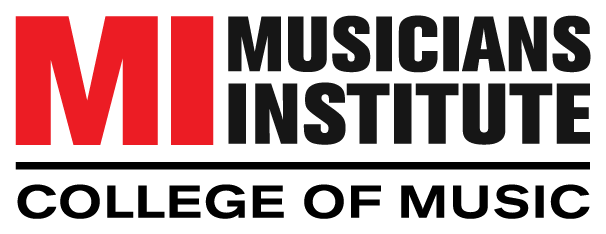Breath is the Fundamental Element of Singing
As a singer, you should be good at breathing. No, really. You should be absolutely great at breathing. While many people seem to think that great singers are simply born of sheer talent – a lucky fluke of the vocal cords – nothing could be further from the truth.
To be a great vocalist requires training and at the very core of that training is breathing techniques. It is imperative that a singer is able to grab a good, whole breath in a fraction of a second and use it to support the voice in such a way that you are not straining to keep pushing out a song.
That is not a talent, people, it is a skill that you develop using breathing techniques. In this article, we’re going to talk a bit more about why it is so important to practice breathing as a singer and go into a few techniques to get you started.
While these are great tools for getting you started – nothing beats a real education in music. If you’re interested in learning to advance your singing skills and start a career in music, check us out here for more information.

Blog Post
"*" indicates required fields
By submitting this form, I authorize Musicians Institute (MI) to make or allow the placement of calls, emails, and texts to me at the phone number that I have provided, including through the use of automated technology, or a prerecorded or artificial voice. I understand that I am not required to provide my phone number as a condition of purchasing any property, goods, or services. I agree to the terms of MI’s Privacy Policy. MI will not sell or rent your information to third parties, and you may unsubscribe at any time.
Diaphragm Breathing
Before we begin with any other techniques, we must discuss the fundamentals of breathing. That means talking about how to use your diaphragm. Your diaphragm is the most important muscle to your breathing and most people actually never really use it properly.
When you inhale and take a deep breath in, try pushing your navel outwards, and letting your chest rise up high. Do you feel the support? Do you feel how much support you have in your body?
Conversely, when exhaling, pull your navel right in towards your spine and let your chest fall back down. It may feel a little odd or silly at first, but mastering this technique is the first step to taking control of your breath; And taking control of your singing.
Usually, this muscle actually works involuntarily – or automatically, whichever sounds better to you. As this is the case, we don’t use it to its full potential very often, unless we exert ourselves to the point of being out of breath. Developing this critically important muscle is the key to granting yourself the ability to sing in a controlled manner and allow you to take on more challenging pieces of music
As a side note – deep breathing is also great for helping with stress and anxiety, and the technique is identical to the one used to develop your diaphragm. After you’ve spent a few days working on your diaphragm breathing you can try to throw in some other techniques:
Huge Breaths
Of course, to sing for extended periods of time requires the ability to take a large breath. Here is an exercise to develop your air capacity, so to speak:
Lie on your back somewhere comfortable and take some diaphragm breaths. Inhale through the nose for 4 seconds, hold for 8 and exhale for 8 seconds again. Try to get as much air into your lungs using your diaphragm, as possible.
Quick Breaths
Learning how to breathe quickly is crucially important to singing. You need to get enough air during a 16th or 32nd note rest to finish the phrase comfortably – here’s how to do it.
Practice Gasps – Yes, this one is as simple as it sounds. Just practice gasping in shock – it can help to vocalize at first, but then try to only draw in the air silently. This exercise helps you to open up your throat and draw in quickly. It is extremely important to still utilize your diaphragm breathing and push that navel out! You’re not here to look good, you’re here to sound good!
Also, if you feel light-headed during this or any breathing exercise, take a break! We don’t need anybody fainting in their studios!
Panting – Just like the gasps – just practice panting in a very exaggerated way. It is once again extremely important to always use your diaphragm – or else you are simply filling up a small portion of your capacity faster, and that really isn’t going to help you much.
Using these methods and constantly training that diaphragm to expand deeper and longer is going to build a base that will serve you well. Singing is as much a skill as it is a talent, and at the heart of that is your breathing exercises, so practice lots, and sing on.

